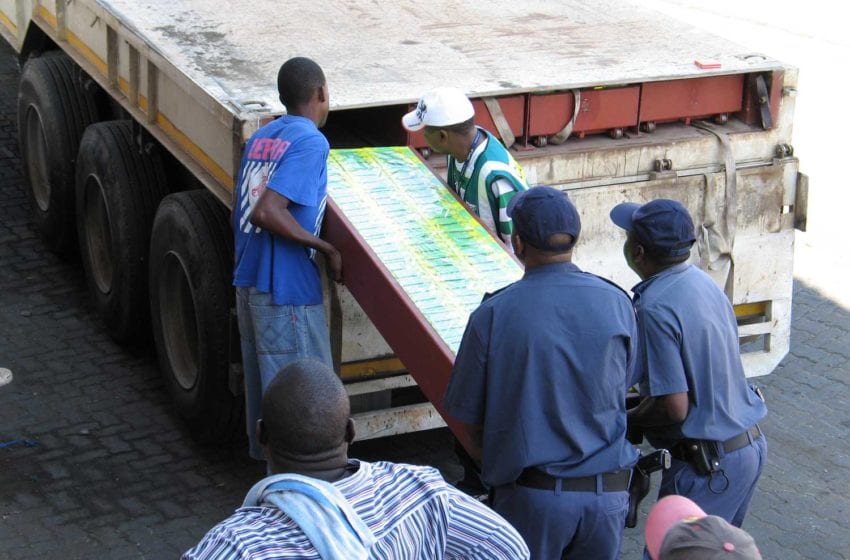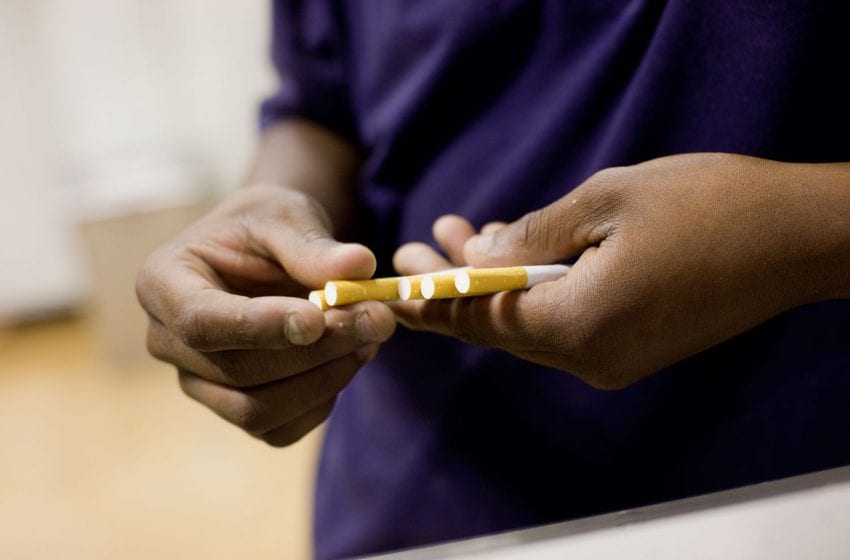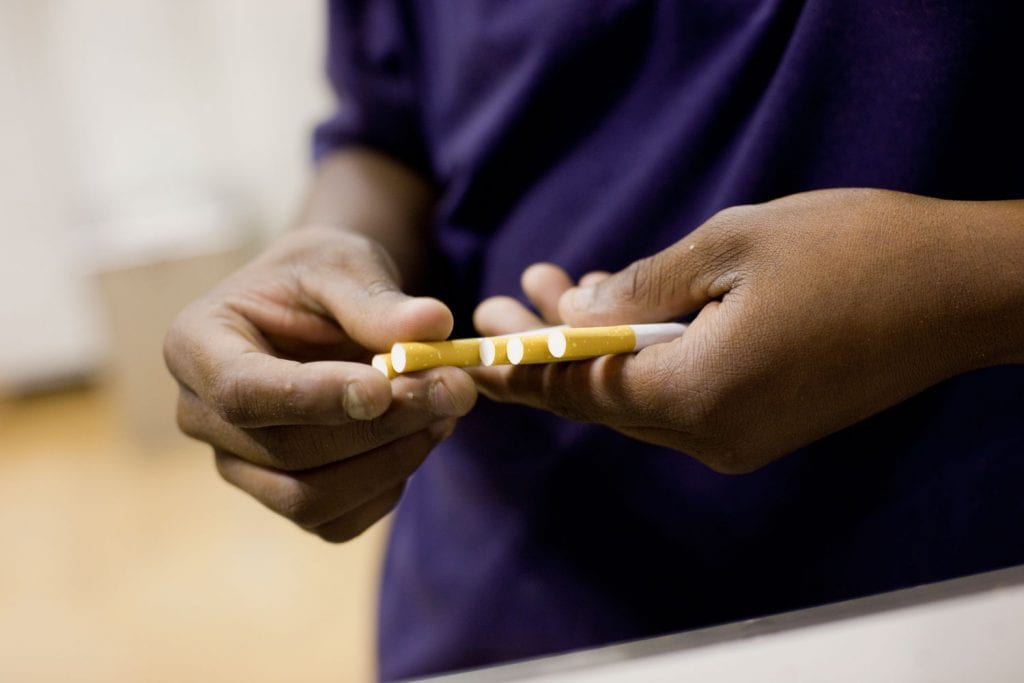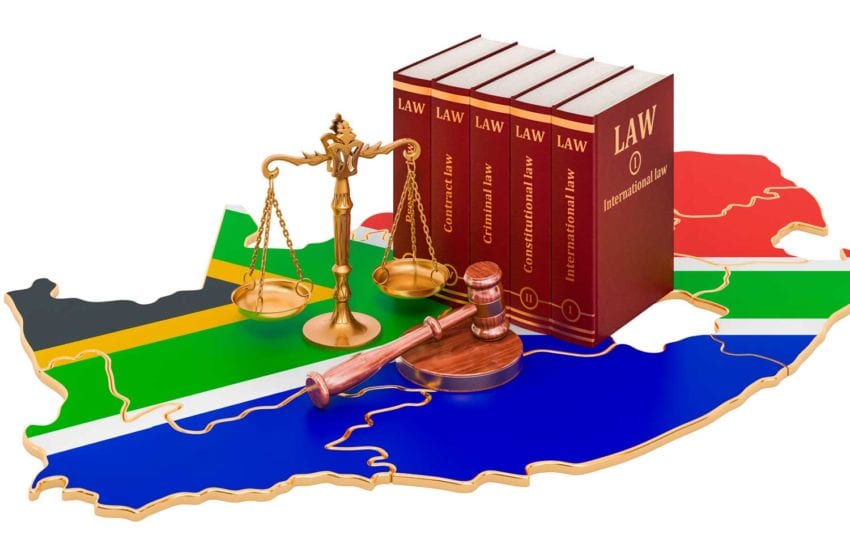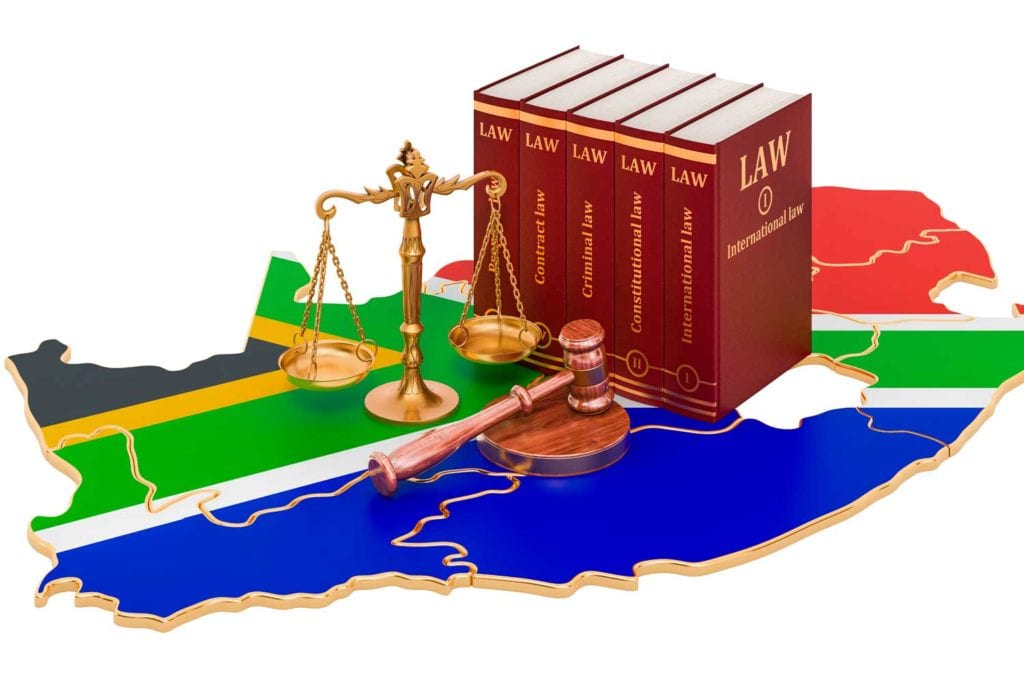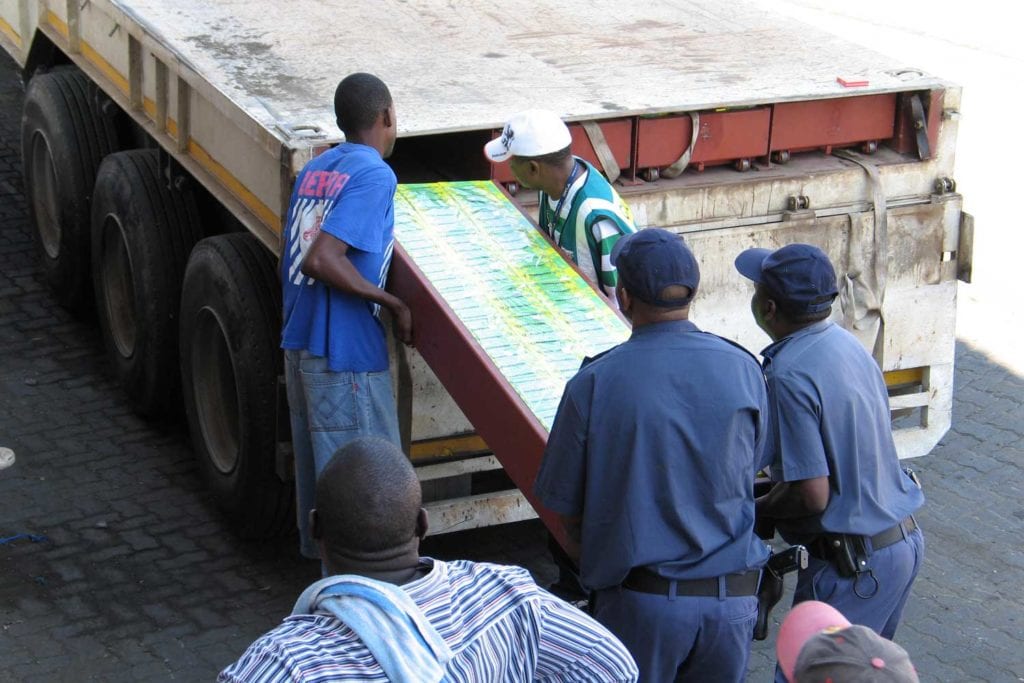
British American Tobacco has called for an inquiry into South Africa’s tobacco market following a new report showing surging sales of illicit cigarettes.
The number of shops selling illegal cigarettes in the Eastern Cape has more than doubled in the four months since the last time results were released, according to a recent Ipsos report. In KwaZulu-Natal, the rate has shot up by one-third. Two out of three shops in the hotspot provinces of Free State, Gauteng and Western Cape sell illegal cigarettes, and illegal cigarettes are on sale in nearly half (41 percent) of all shops nationwide.
Five times as many outlets on petrol forecourts now sell illegal cigarettes since the last time results were released, according to BAT. Illegal cigarettes are being sold for as little as ZAR6 ($0.42) per pack, a fraction of the Minimum Collectible Tax (MCT) rate of ZAR21.60 per pack of 20.
“This research is damning proof that authorities have failed to bring South Africa’s colossal criminal market in cigarettes under control,” said BATSA General Manager Johnny Moloto in a statement. “Tax-evading manufacturers who exploited last year’s lockdown ban are now running rampant and costing South Africans huge sums of money at a time when every cent is a lifesaver. It is nothing short of a national emergency that demands a full-scale inquiry into the whole industry.”
According to BAT, brands owned or licensed by members of the Fair-Trade Independent Tobacco Association feature prominently on the black market. The FITA in the past has rejected suggestions that its members are involved in the illicit trade.
The latest Ipsos fieldwork was carried out from June 15–22, 2021, and follows similar studies in March and February of this year.
Moloto urged the government to introduce of a minimum retail sales price of ZAR28 for a pack of 20, ratify the World Health Organization’s illicit trade protocol and introduce a track-and-trace system, among other measures to fight the illegal cigarette trade.

